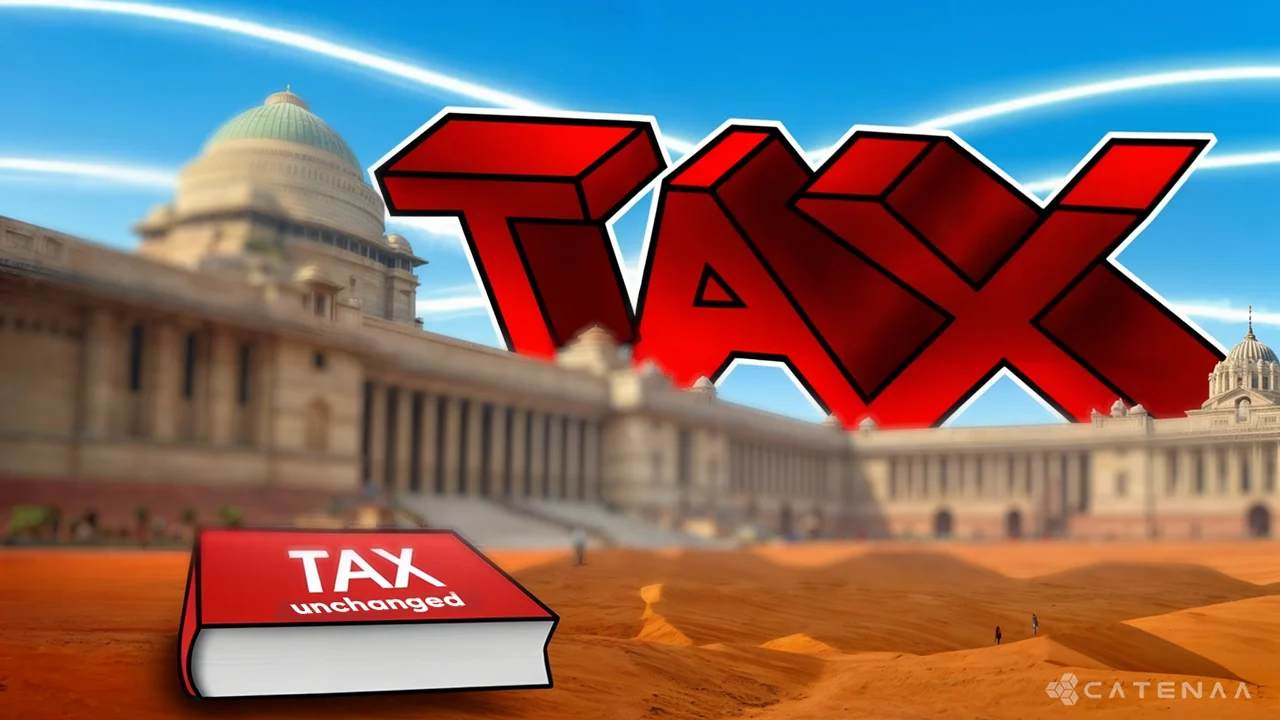NEW DELHI, Friday, July 26, 2024 – India has maintained its hardline stance on cryptocurrency taxation, leaving the industry disappointed.
Finance Minister Nirmala Sitharaman kept unchanged a 30% tax on profits from trading digital assets and a 1% tax deducted at source on crypto transactions during the annual budget presented Tuesday.
The crypto industry had been pressing for tax relief to foster growth.
India’s Financial Regulators have always taken a cautious approach to cryptocurrencies, viewing them with skepticism.
Despite the harsh tax regime, the industry has shown resilience, with several crypto exchanges operating in the country.
While the crypto sector grapples with the tax burden, the government’s decision to eliminate the so-called angel tax on startup investments was welcomed by the broader technology ecosystem.
India is yet to enact a comprehensive law regulating cryptocurrencies, leaving the industry in limbo.
The introduction of the Cryptocurrency and Regulation of Official Digital Currency Bill has raised concerns.
The bill planned to be presented in 2021 has still not been taken up in Parliament. The bill aimed to ban all private cryptocurrencies while providing a framework for an official digital currency issued by the RBI.
The vague definition of “private cryptocurrencies” and the potential for harsh penalties have alarmed the crypto community. The bill has been in pending for months.
While the government has imposed steep taxes on crypto transactions, a clear regulatory path remains elusive.
However, as of now, many cryptocurrency exchanges operate in India, including WazirX, CoinDCX, ZebPay, Unocoin, Bitbns, CoinSwitch Kuber, and Giottus, providing platforms for trading many prominent cryptocurrencies.


